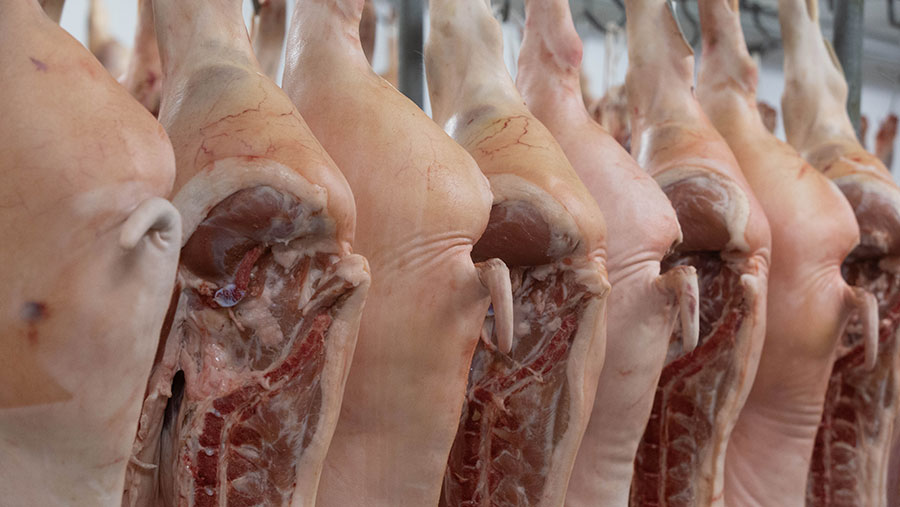The antidumping investigation looking at EU pork imports into China has been influencing global trade, as European countries look to target alternative markets.
Chenjun Pan, senior animal protein analyst at Rabobank, said: “A suspension of EU exports or high tariffs could mean global pork trade flows are rerouted as China finds new origins and EU exports flow to other regions.
“If EU exporters offer discounts to capture new markets, importing countries may need to support and protect local producers.
“Meanwhile, other exporting countries may find their traditional trade partners shift to cheaper EU pork products.”
Ms Pan added that due to heightened geopolitical tensions, many governments had supported improvements in domestic production to increase self-sufficiency and reduce reliance on imports.
Cases of African swine fever in Germany have also had an effect on trade flows within the EU market, with fewer global destinations willing to accept pork from the country, therefore leaving more product within the European market.
Pork trade has been subdued in the UK and Europe so far this year, but seasonal demand is forecast to help increase consumption throughout the rest of the year, according to Rabobank.
It has also forecast pork supplies to increase slightly during the second half of 2024 in the EU and US, but tighten across Asia as a result of disease outbreaks.




